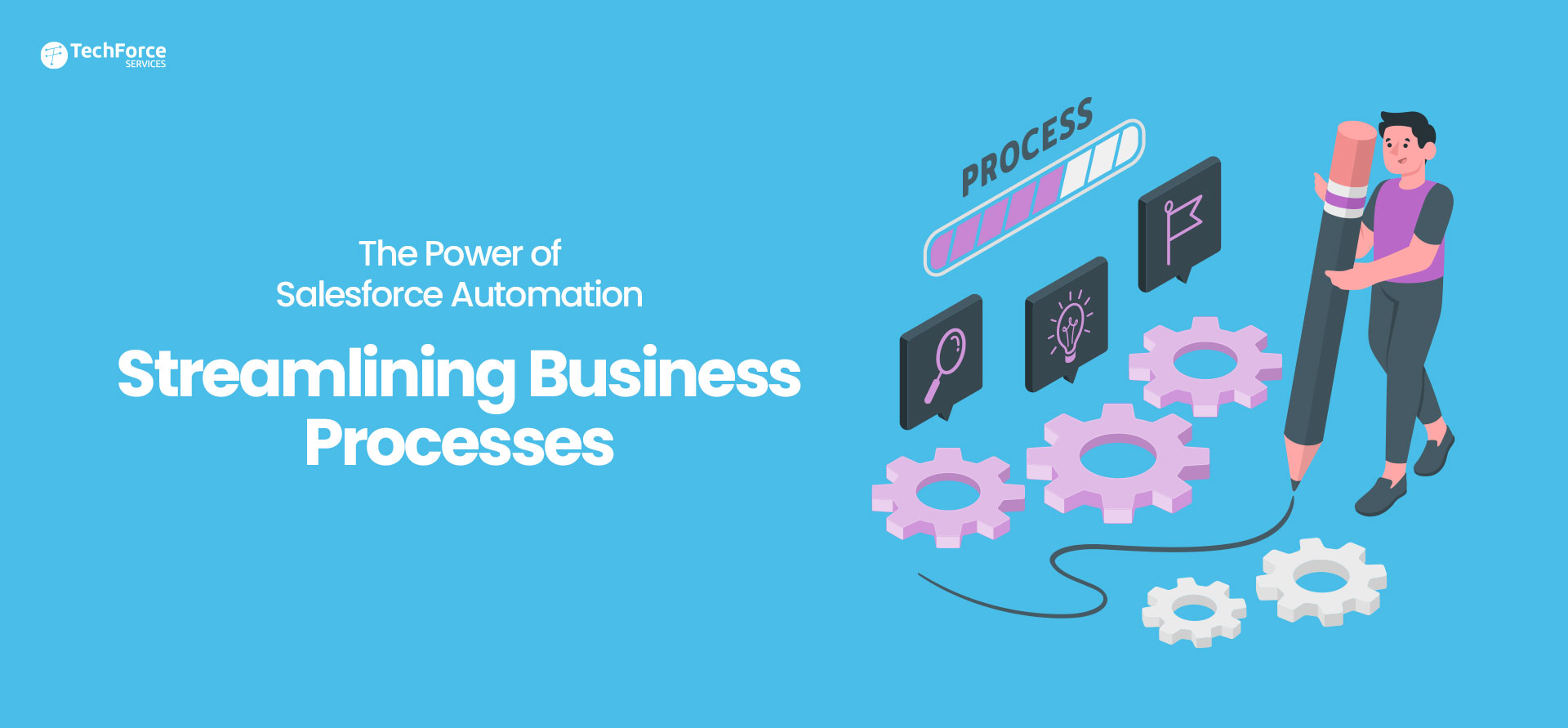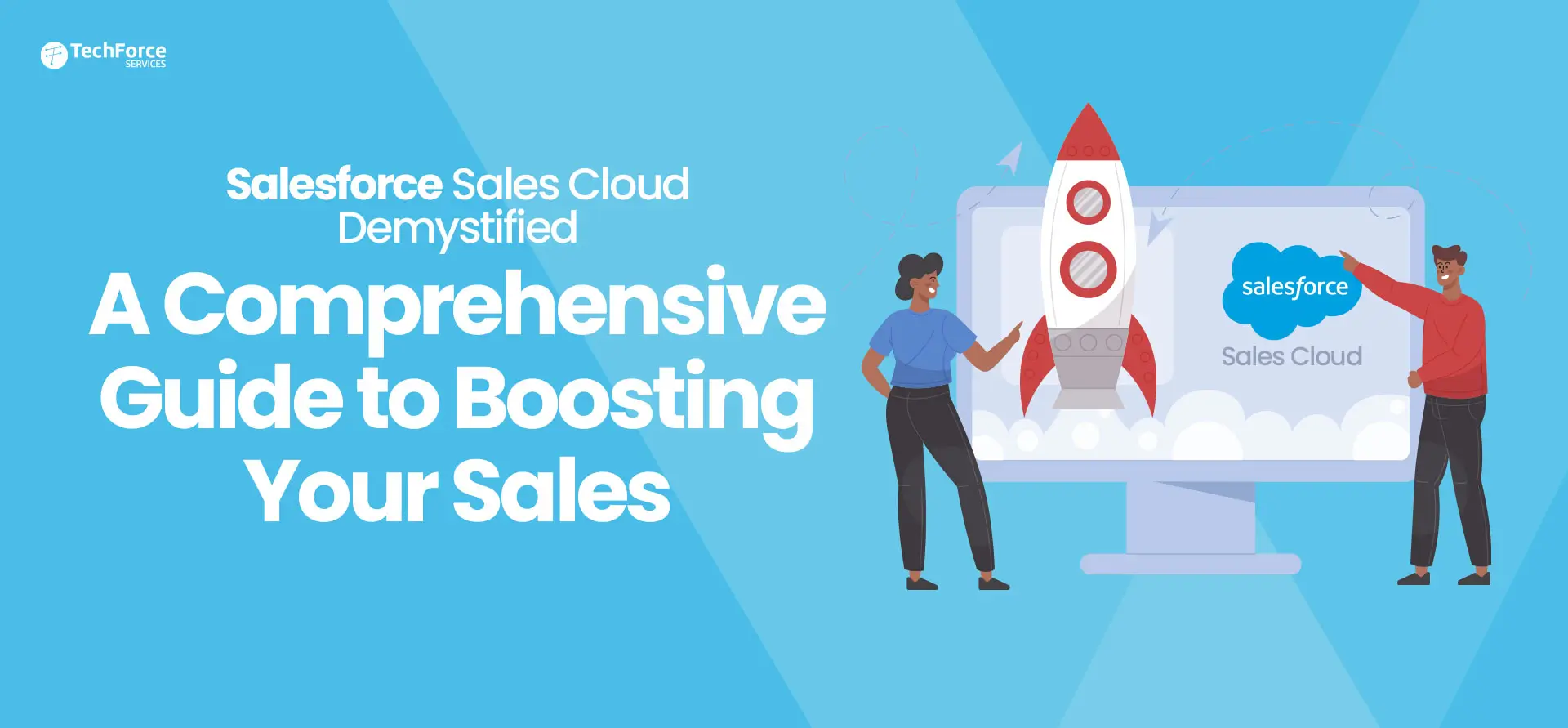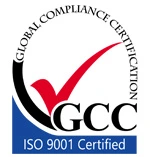In the fast-paced and highly competitive business landscape of today, companies are seeking innovative ways to optimise their operations, enhance customer experiences, and boost overall efficiency. One such solution that has revolutionized sales and customer relationship management is Salesforce Automation. This blog post delves into the world of Salesforce Automation, exploring its definition, benefits, implementation strategies, and its impact on modern businesses.
What is Salesforce Automation?
Salesforce Automation refers to the process of automating various sales and customer-centric tasks using advanced technologies and tools, primarily within the Salesforce Customer Relationship Management (CRM) platform. By automating routine and repetitive tasks, sales professionals can free up valuable time to focus on more strategic activities and personalized interactions with customers.
By consolidating all customer interactions and data into a centralised repository, SFA CRM facilitates contact management, opportunity management, and task management. Additionally, it efficiently tracks sales leads and aids in the setup of reminders and notifications for timely follow-ups.
Why is Salesforce Automation Important?
Salesforce automation in CRM refers to automating administrative processes that consume unnecessary time and resources. By adopting Salesforce automation, you save time and resources, which can be redirected to more productive tasks. Sales automation can reduce daily administrative time by 14%.
Moreover, it significantly enhances deal closure rates by 30% and boosts sales productivity by 14.5%. These impressive numbers make salesforce automation an attractive choice, as it directly translates into increased revenues.
In essence, when implemented effectively, salesforce automation will lead to improved company revenue, higher sales rates, and increased productivity for your sales team.
Key Benefits of Salesforce Automation (SFA)

By automating daily repetitive tasks, you gain valuable time for business operations, planning, and execution. Invest in enhancing conversational skills to acquire new customers. With extra time, focus on improving customer acquisition and enhancing relations with existing customers.
Benefits of Salesforce Automation:
- Enhanced Sales Productivity: One of the key benefits of Salesforce Automation is increased sales productivity. Sales reps can streamline their workflows, from lead generation and nurturing to order processing and after-sales support. Automated task assignment and reminders ensure that sales representatives never miss critical follow-ups, thus improving the overall efficiency of the sales process.
- Improved Customer Experience: Salesforce Automation enables businesses to gain a comprehensive view of their customers, including their preferences, purchase history, and interactions with the company. This wealth of information allows sales teams to tailor their communication and offerings, leading to a more personalized and satisfying customer experience.
- Real-Time Analytics and Insights: With Salesforce Automation, businesses can access real-time analytics and performance metrics. These insights provide valuable information to assess the effectiveness of sales strategies, identify trends, and make data-driven decisions. Sales managers can monitor team performance, track progress toward targets, and identify areas for improvement, ultimately boosting overall sales effectiveness.
- Streamlined Sales Forecasting: Automated data collection and analysis facilitate accurate sales forecasting. Organisations can predict future sales trends, identify potential challenges, and adjust their strategies accordingly. This level of predictability enhances resource planning, inventory management, and budget allocation.
- Data-Driven Decision Making: Automation generates valuable data insights, helping sales teams make informed decisions based on customer behavior, sales trends, and performance metrics.
- Quicker Sales Cycles: By automating lead management, salesforce automation accelerates the sales process, shortening sales cycles and increasing revenue generation.
- Reduced Errors: Automation minimizes human errors in data entry, ensuring accurate and consistent information across the CRM system.
- Timely Follow-Ups: Automated reminders and notifications enable timely follow-ups with leads and customers, boosting engagement and conversion rates.
- Integration with Marketing Automation: Combining Salesforce automation with marketing automation allows for seamless lead nurturing and sales alignment, resulting in a more cohesive and efficient sales and marketing approach.
Overall, Salesforce automation, including Salesforce automation testing and Salesforce marketing automation, empowers businesses to optimize sales processes, boost productivity, and deliver exceptional customer experiences, leading to long-term success and growth.
What’s the Difference between Salesforce Automation and CRM?
The distinction between an SFA system and a CRM system is a common inquiry. SFA systems are typically integrated into CRM (Customer Relationship Management) systems, each serving distinct roles in client management. CRM software focuses on ensuring customer satisfaction by managing and analyzing comprehensive data and interactions throughout the customer lifecycle.
On one hand, the SFA system is geared towards acquiring new customers, while on the other hand, the CRM system functions post-sale, aimed at retaining existing customers. Together, they form a comprehensive approach to efficiently manage both customer acquisition and retention processes.
Salesforce Automation Checklist
Here’s a checklist to kickstart your Salesforce automation journey:
- Understand your sales process thoroughly.
- Implement a lead scoring program to identify the most promising leads.
- Automatically generate deals and store essential data from each interaction.
- Automate responses to prospects, including crucial follow-up messages.
- Set up reminders to guide deals through different stages in your pipeline.
- Streamline processes like scheduling meetings, signing documents, and handling payments automatically.
- Prepare for post-closing steps with automatic reminders for your team’s readiness.
By following this checklist, you can effectively leverage salesforce automation to boost efficiency and achieve better sales results.
Conclusion
This comprehensive exploration of Salesforce automation highlights its crucial role in streamlining sales processes and enhancing customer interactions. By adopting sales automation, businesses can achieve increased efficiency, improved productivity, and data-driven decision-making. Integrating Salesforce automation into CRM systems enables businesses to optimize both customer acquisition and retention strategies, leading to long-term success and growth. To embark on your journey, follow the provided Salesforce automation checklist and partner with trusted Salesforce partners to ensure a successful implementation.













